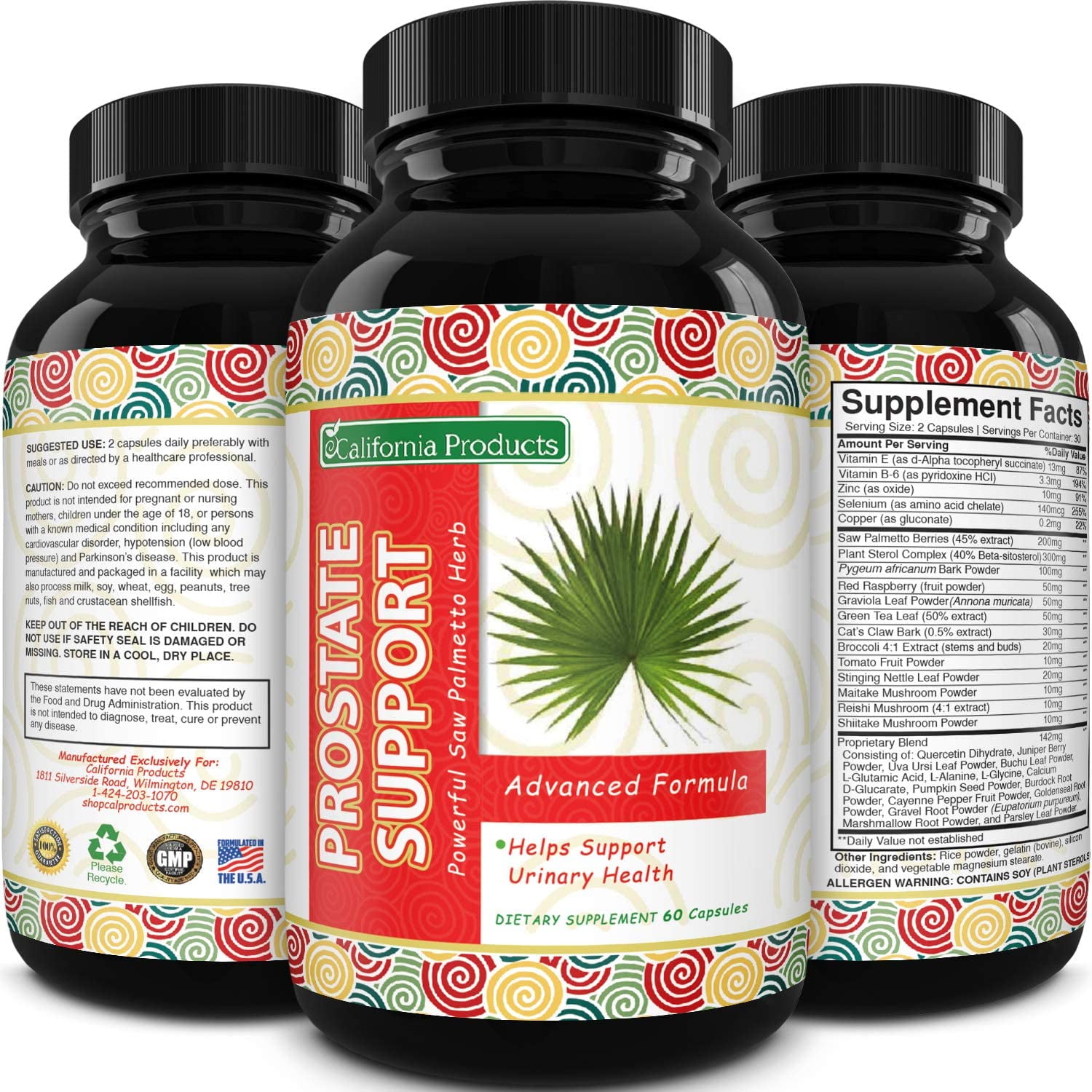Health Supplements To Help Keep You Sensation Your Best
Health Supplements are products that are designed to enhance the nutrition of the body. They may come in the form of pills, capsules, tablets, powders, and liquids. They can contain nutrients derived from food or synthesized. Certain people use dietary supplements to help stop or reverse the effects of chronic diseases. But, certain supplements could cause issues during surgery.
Dietary Supplements Are Substances That Add Nutrients To The Human Body
Dietary supplements are products that supply the body with certain nutrients. These products can be derived from herbs, vitamins, or minerals. Dietary supplements aren't regulated in The US Food and Drug Administration however, some countries have more strict regulations than other countries. In Australia and Canada supplements are regulated similar to prescription drugs. This means that only ingredients that have been deemed to be safe by regulators can be sold. In the European Union, supplement regulation differs, based on the degree of evidence that demonstrates the safety of each ingredient.
Dietary supplements can be either made from natural substances or manufactured. Natural supplements are made from animal or plant sources Semisynthetic supplements are created from synthetic substances. Learn More Here can include vitamins and minerals, as well as amino acids. Synthetic supplements are produced through chemical synthesizing.
Within the United States, dietary supplements are widely used. Studies show that around 50 % of people take them on a regular basis. In Asia there is a higher percentage of people using supplements is much more substantial, at between 40 and 60 percent. Within Europe in Europe and Latin America, about 30 percent of the population uses dietary supplements on a regular basis.
No matter which supplement you select, be sure to speak with your doctor prior to starting a new supplement regimen. They can recommend specific supplements that can help combat a specific medical condition or deficiencies. In addition, it is important to check with your physician to determine if the supplements can interact with prescription or over-the-counter medication.
The Food and Drug Administration regulates dietary supplements through the Office of Dietary Supplement Programs. The agency doesn't require premarket approval for dietary supplements however it regulates them after they are introduced into the marketplace. The manufacturers of nutritional supplements must undergo regular inspections and reviews of their labels and web sites.
They Can Prevent Or Reverse Chronic Diseases.
Using dietary supplements to prevent or reverse chronic diseases is a successful and increasingly sought-after therapy. Chronic illness can be due to deficiencies in vital nutrients, such as vitamin D, calcium, and vitamin E. These nutrients are usually not present in the diets of the majority of people. They can lead to a variety of health issues and cause chronic illnesses. Through taking nutritional supplements, individuals can improve their overall health in their own hands and eliminate the need for expensive medications.
They Can Cause Problems When Undergoing Surgery.

If you're thinking of having surgery, you should know about supplements for health that should not be taken during the fasting time. These supplements may increase the chances of bleeding and other operative issues. It is important to stop taking these supplements at least two weeks prior to your surgery. Additionally, you must discuss your nutritional condition with your surgeon. After he or she knows the current state of your nutrition the surgeon will select the most safest medications for your surgery.
Natural ingredients, like garlic and fish oil may interfere with certain medications. They may cause bleeding and increase the risk of heart instability. They also can alter the effect of medications, such as operating anesthesia. These supplements may also increase the risk of side effects from chemotherapy. Some of these adverse effects can be very serious.
While certain vitamins and supplements are not dangerous during surgery, some may cause complications. Certain of them, such as Vitamin E, may lead to bleeding after the procedure. Other ingredients, like garlic, can inhibit the formation of platelets. They can also interfere with the process of blood clotting, therefore it is important to talk to your doctor first.
Another supplement to your diet that could cause issues during surgery is aloe. Studies have shown that aloe can interact with sevoflurane, so it is crucial to stop taking it two weeks prior to your surgery. Certain studies suggest that taking aloe supplements can cause bleeding issues after oral surgery.
UNDER MAINTENANCE
